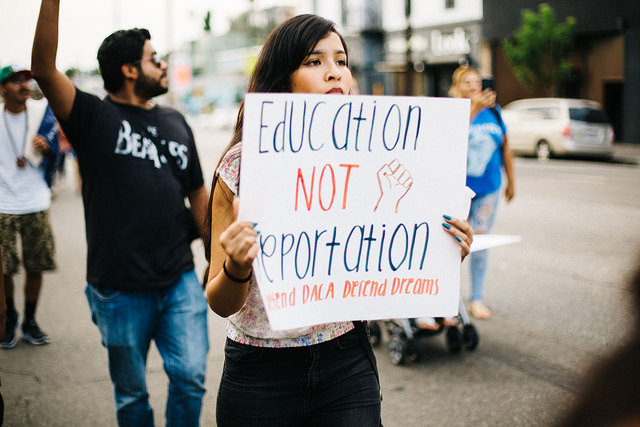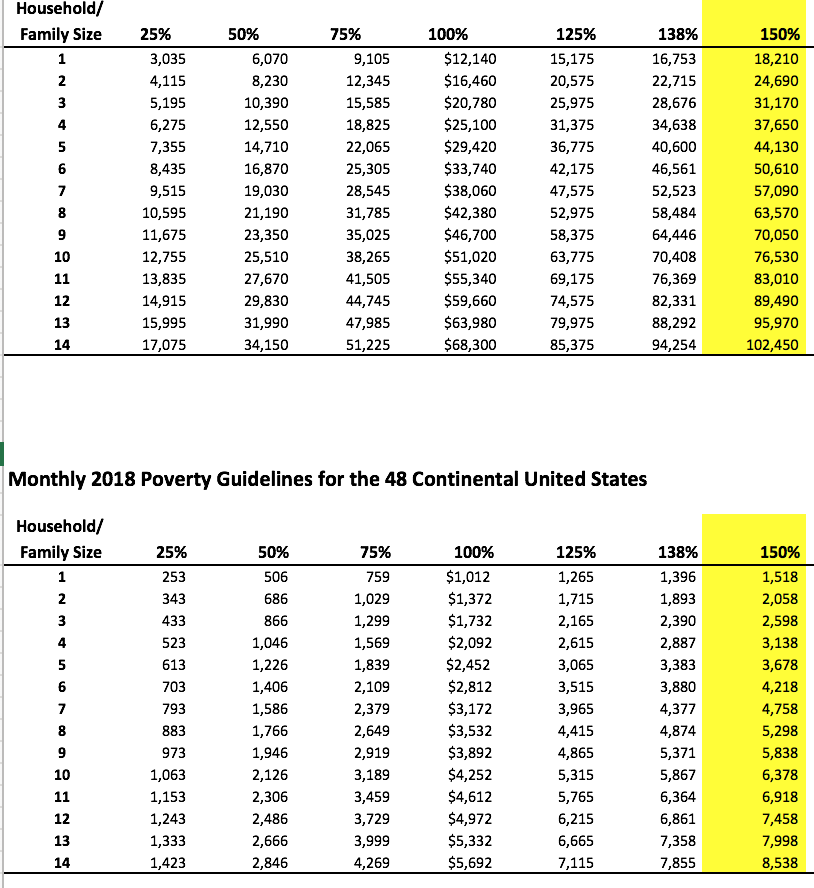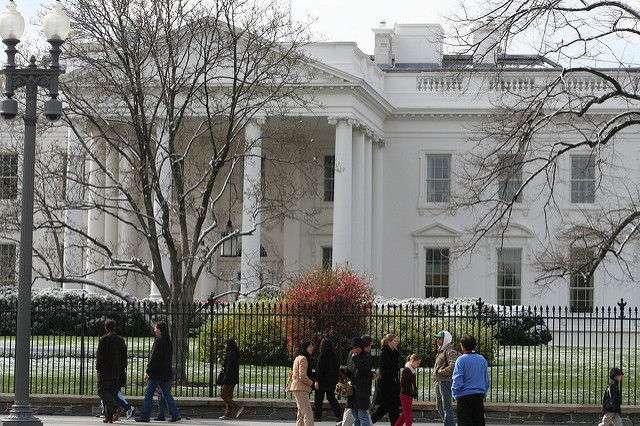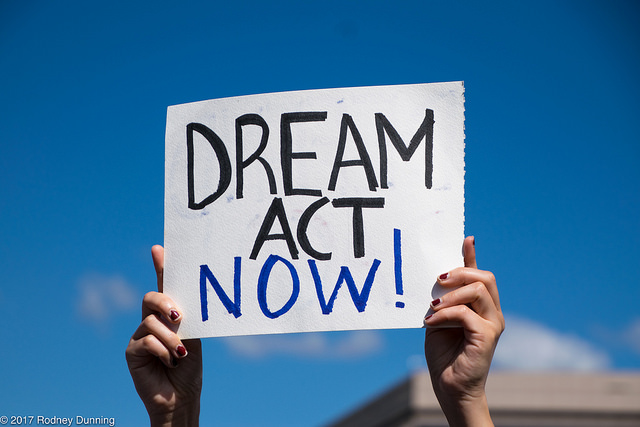Last week, the United States Senate began much-anticipated debates to reach a deal on immigration before the March 5th deadline imposed by the President. Debates in the Senate last week however were unavailing with both parties blaming one another for their inability to come up with a solution that would protect thousands of DACA recipients from deportation. To make matters worse the President issued a firestorm of tweets attacking leaders of the Democratic party and criticizing sanctuary cities that protect undocumented immigrants from deportation. Should Congress fail to enact legislation to shield Dreamers from deportation by March 5th, thousands of young undocumented immigrants brought to the United States as children will begin to lose their protection from deportation and the ability to work legally in the United States.
In the weeks ahead, Congress must also focus their efforts to pass a spending bill to permanently fund the government. Currently, the government is running on a short-term spending bill which expires midnight on March 23rd. Failure to pass a spending bill that permanently funds the government would mean yet another government shutdown. This urgent need to pass a spending bill may present an opportunity for Congress to finally reach a solution on top immigration priorities and seal the future of DACA recipients. Top immigration priorities for Republicans include building a wall between the United States and Mexico, beefing up the presence of border patrol agents and law enforcement, ending “Chain-Migration,” the diversity visa lottery program, while Democrats remain focused on creating a path to citizenship for Dreamers, and strongly oppose ending “Chain-Migration.” However, it would not be surprising if Congress fails to safeguard the status of DACA recipients given that members of Congress have on previous occasions failed to come up with a bipartisan solution.
Since October, approximately 122 young undocumented immigrants have had their DACA-permits expire on a daily basis, which is expected to add up to 22,000 immigrants by March 5th. Approximately 668,000 immigrants have been issued work permits under DACA that will not expire until March 5th or later.
 Visa Lawyer Blog
Visa Lawyer Blog












